POLITE NOTICE:
We the Lanny Builders, share this not to judge, but to explore the fascinating tapestry of Kenya’s building traditions. Whether you believe in these practices or not, we honor what communities hold sacred. After all, every foundation—literal or cultural—has its own story. Let’s dive into it!
In Kenya’s complex construction culture, you’ll find engineers with tape measures, fundis with jembes — and quietly, elders advising that money be buried beneath the foundation slab. No, it’s not a myth. In parts of Western Kenya, Kisii, Kajiado, and even pockets of Nairobi’s outskirts, this practice is quietly observed by some families.
But why would anyone intentionally bury cash beneath a house they’re about to spend millions building?
It turns out, this ancient practice may be less about witchcraft — and more about wealth psychology, symbolism, and security. Let’s break it down.
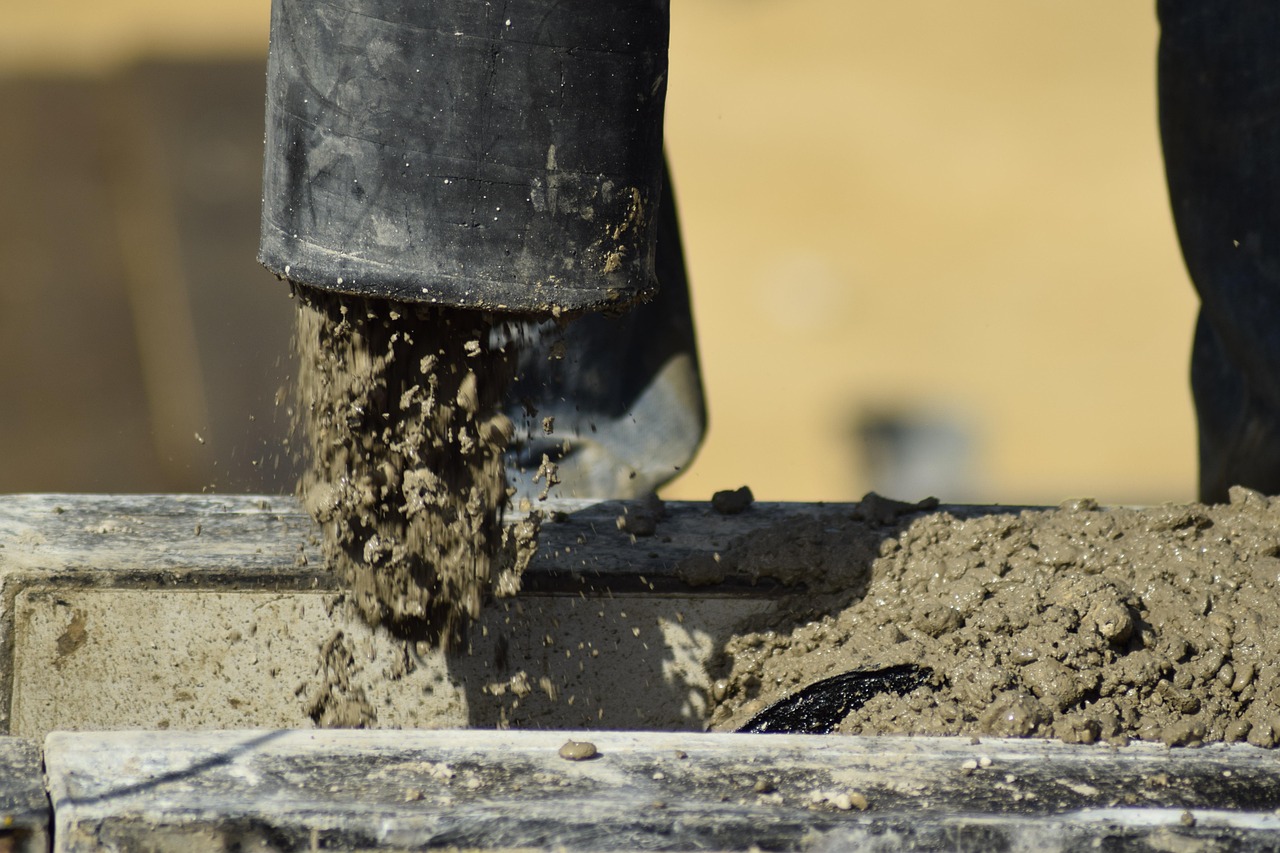
The Origins: A Symbol of Prosperity Rooting
The belief is simple: money must touch the ground before the house goes up.
The reasoning?
“When you bury money into the foundation, you plant wealth into your home.”
Some versions of this belief involve coins, others use notes (wrapped in cloth or banana fiber), and in rare cases, valuables like jewelry or old currency are symbolically interred.
The idea is to anchor abundance to the structure. Much like a seed must be buried to grow, the buried money is seen as the root of future financial blessings.
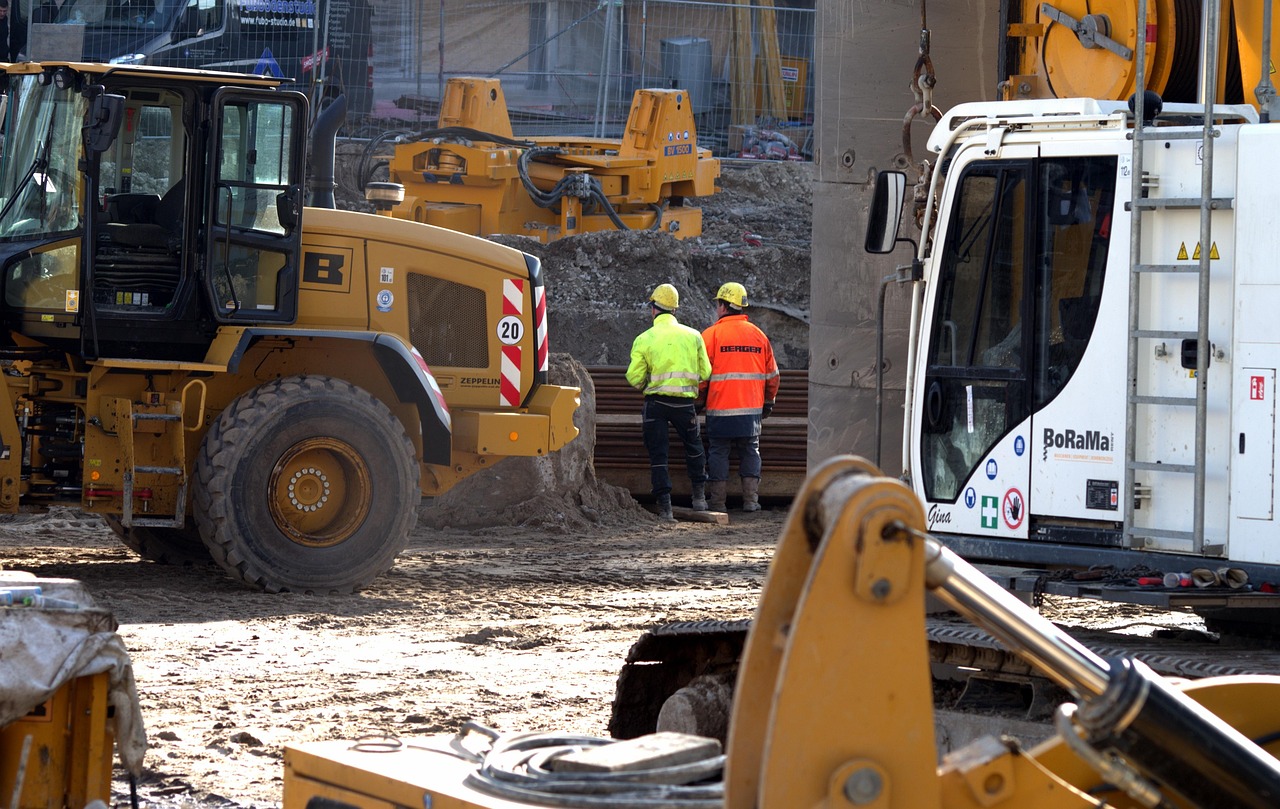
A Real Case from Embu
In 2023, a couple building in Embu consulted a local elder after stalling multiple times during construction. He advised them to wrap KES 1,000 in a red cloth and bury it under the main pillar of the sitting room.
Two weeks later, a delayed land payment was finally settled, and construction resumed. Coincidence? Maybe. But they’re now believers.
Spiritual vs. Symbolic Interpretations
For some, this is purely a spiritual transaction — a way of asking the land and ancestors to protect and bless the structure.
For others, especially younger homeowners, it’s more symbolic:
- It’s about starting grounded in wealth
- A way to mentally “lock in” financial success
- A manifestation ritual, similar to writing your goals and placing them under your bed
Psychologists might even argue that this act helps the builder feel in control in an otherwise uncertain process.
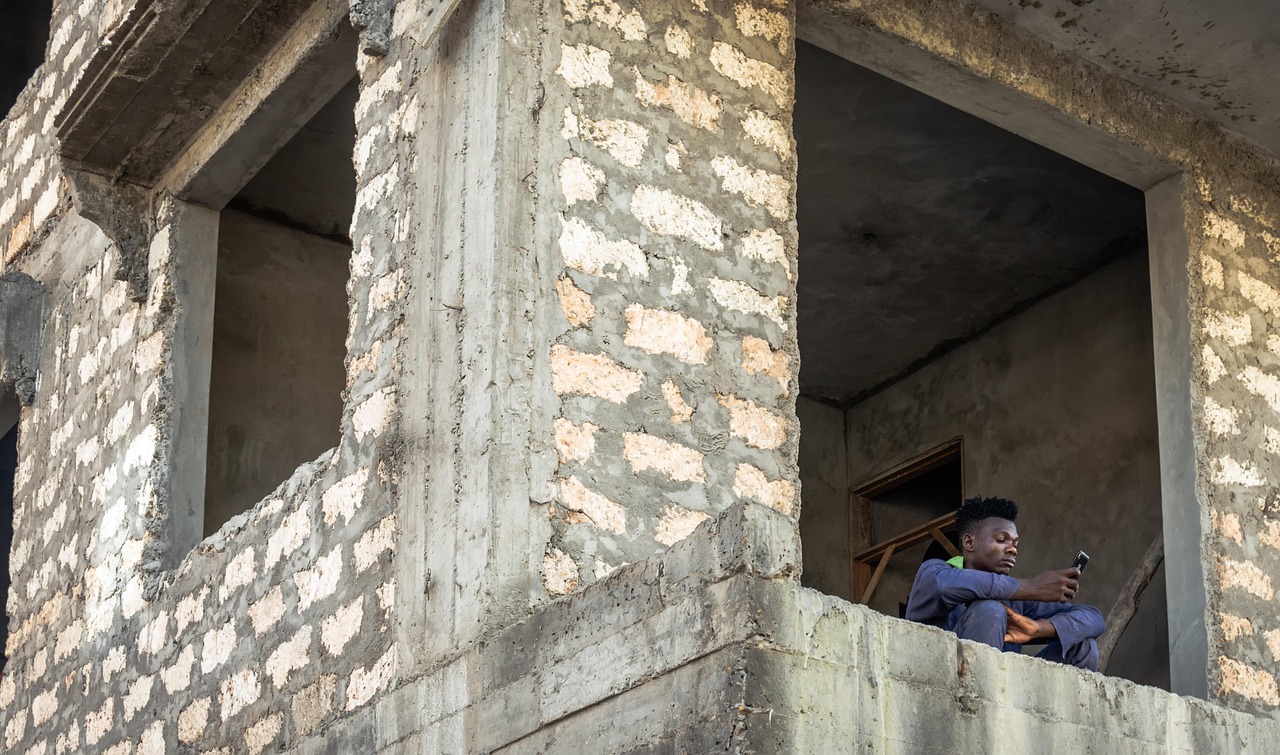
Modern Variations of the Ritual
As culture evolves, so do the rituals. Today, some Kenyans modify the practice by:
- Placing a new coin (minted that year) under the main column
- Writing their business name or company mission and sealing it in the slab
- Using foreign currency like USD or Euros to “invite international money”
Some even place their M-Pesa transaction screenshots inside a waterproof case before embedding them into a wall — especially if that transaction was a turning point in their project funding.
Is It Legal or Safe?
There’s no law against putting a coin or note into your foundation, but common sense applies:
- Never bury large amounts — it’s symbolic, not a vault
- Avoid doing it in public, especially if workers are around
- Use waterproof casing to prevent mold or decay if you’re placing something important
It’s wise to inform your contractor or site engineer discreetly to avoid damage or confusion.
What About When You Sell the House?
Here’s where it gets interesting. Some people refuse to sell houses where they buried money, believing the blessings were tied to their lineage only.
Others don’t mind — but insist the new owner must “respect the ground” by not disturbing that section of the foundation.
There have even been cases of buyers digging into floors during renovations, hoping to find hidden cash, only to uncover symbolic objects wrapped in cloth, which they misinterpreted as witchcraft.
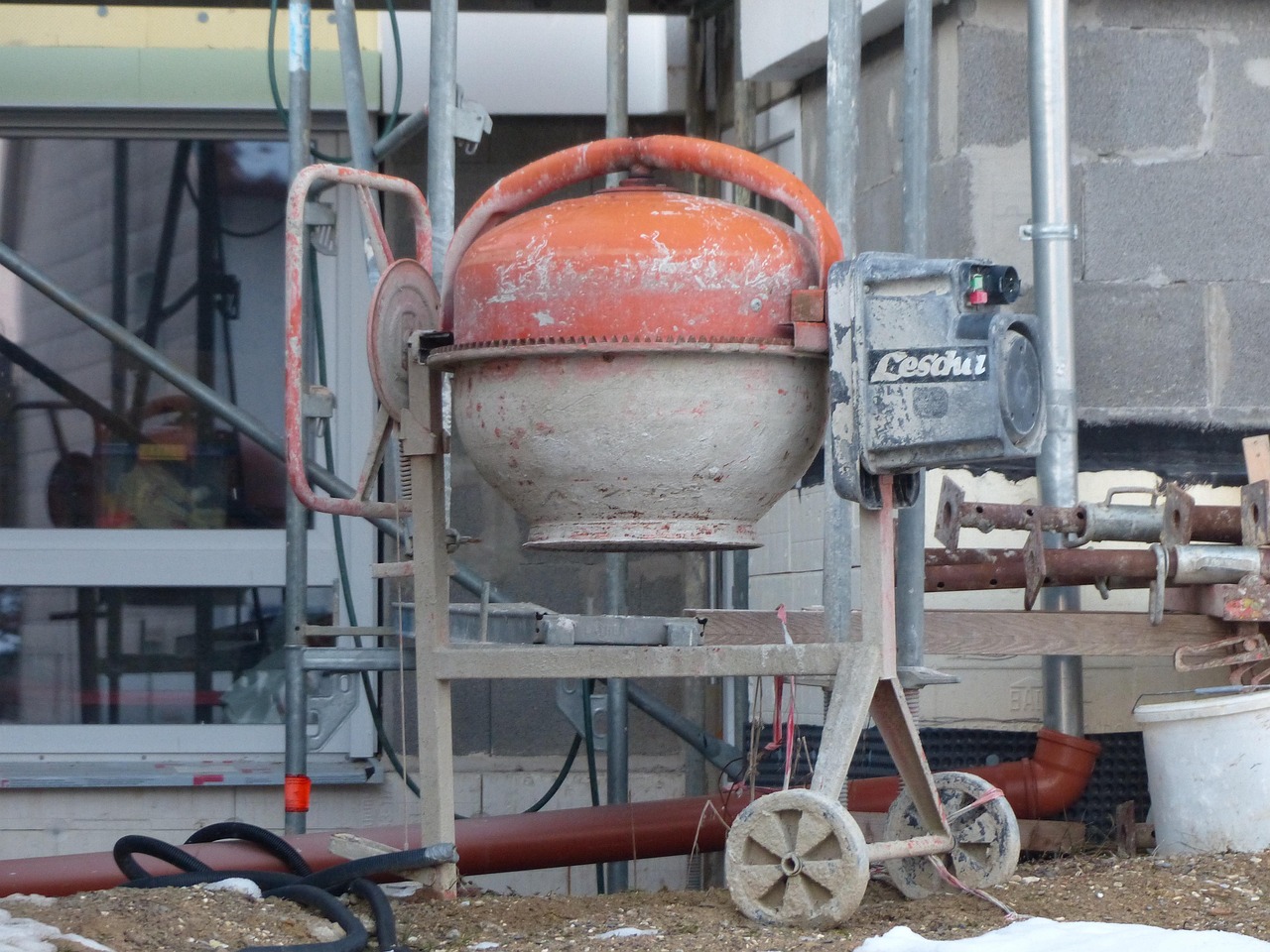
Ties to African Traditional Religion (ATR)
While the practice isn’t exclusive to Kenya — it’s also seen in Nigeria, Ghana, and Ethiopia — the Kenyan version has ties to ATR, especially the idea that money is spiritual energy.
Just like in some traditions food is left for ancestors, placing money in the ground is seen as feeding the land to ensure it works in your favor.
Should You Do It?
There’s no pressure to adopt this practice. But if you’re a spiritual person, or simply someone who believes in symbols and intentional acts, here’s a guide:
- Use an amount that means something to you (e.g., first rent, first business profit)
- Choose the location: some prefer entranceways (to invite money), others choose bedrooms (to protect prosperity)
- Keep it between you and a trusted person — this isn’t for public ceremonies
You don’t need to believe in magic to appreciate the psychology of planting success where you live.
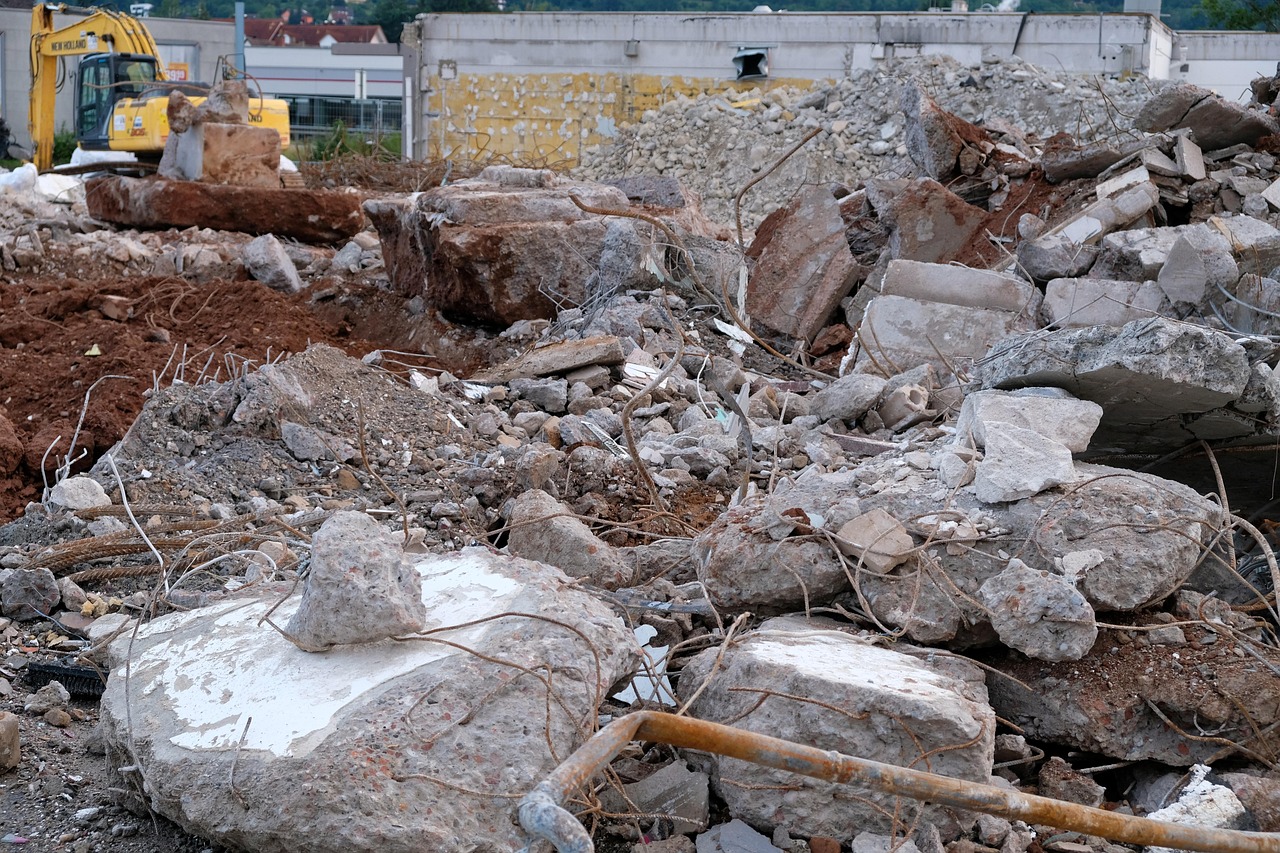
Final Thoughts
In a country where building a home is both a financial and emotional achievement, it’s no wonder people lean into symbolism. Burying money in your foundation may sound bizarre, but to many Kenyans, it’s a personal, sacred tradition — one that ties wealth, hope, and land into a quiet promise beneath your feet.
And whether it works or not? That’s a story only the house will tell over time.
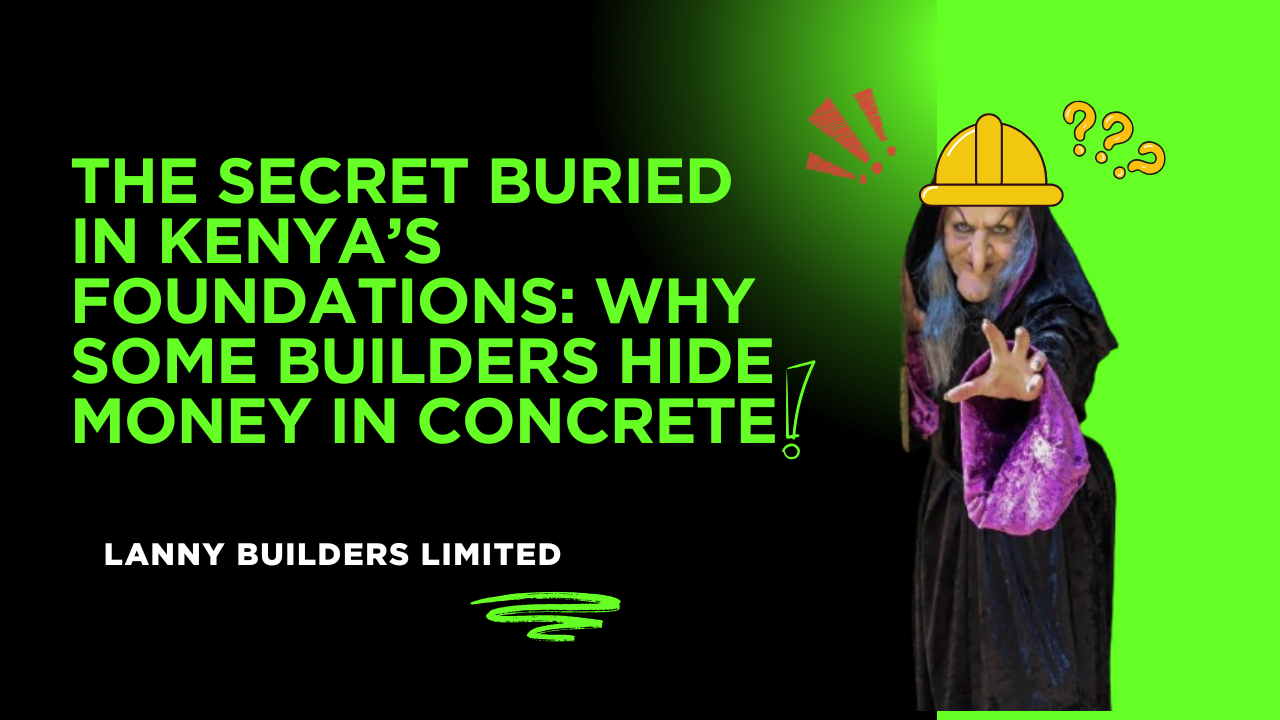
Heard it especially with Indians but never practiced/witnessed it being done in my constructionperiod. If it works to them the better
Sure, Indians hold a very strong belief system that if not examined keenly you would think it’s evil. And the fact that they still prosper in everything they do compared to other races like our own that hates and demonises their own cultural systems leaves me wondering why we see our own true roots of belief as evil.